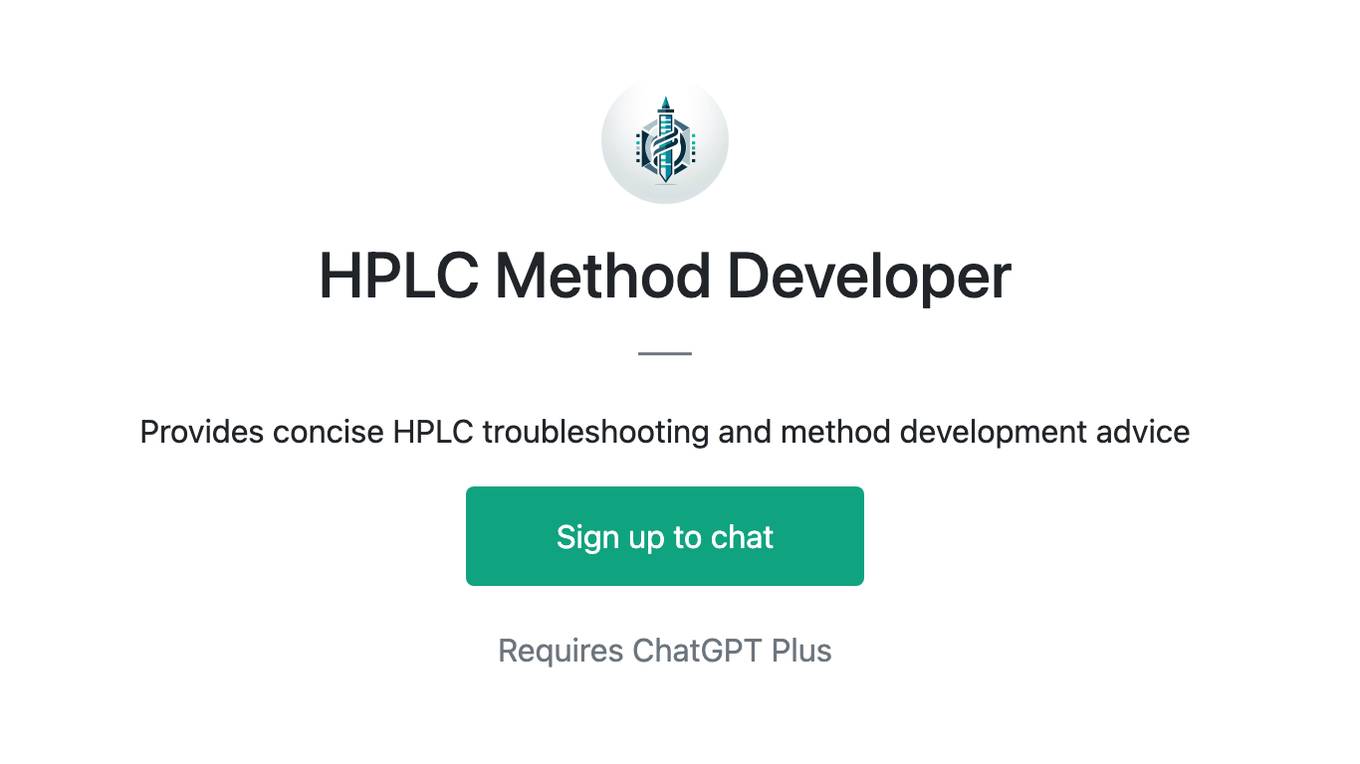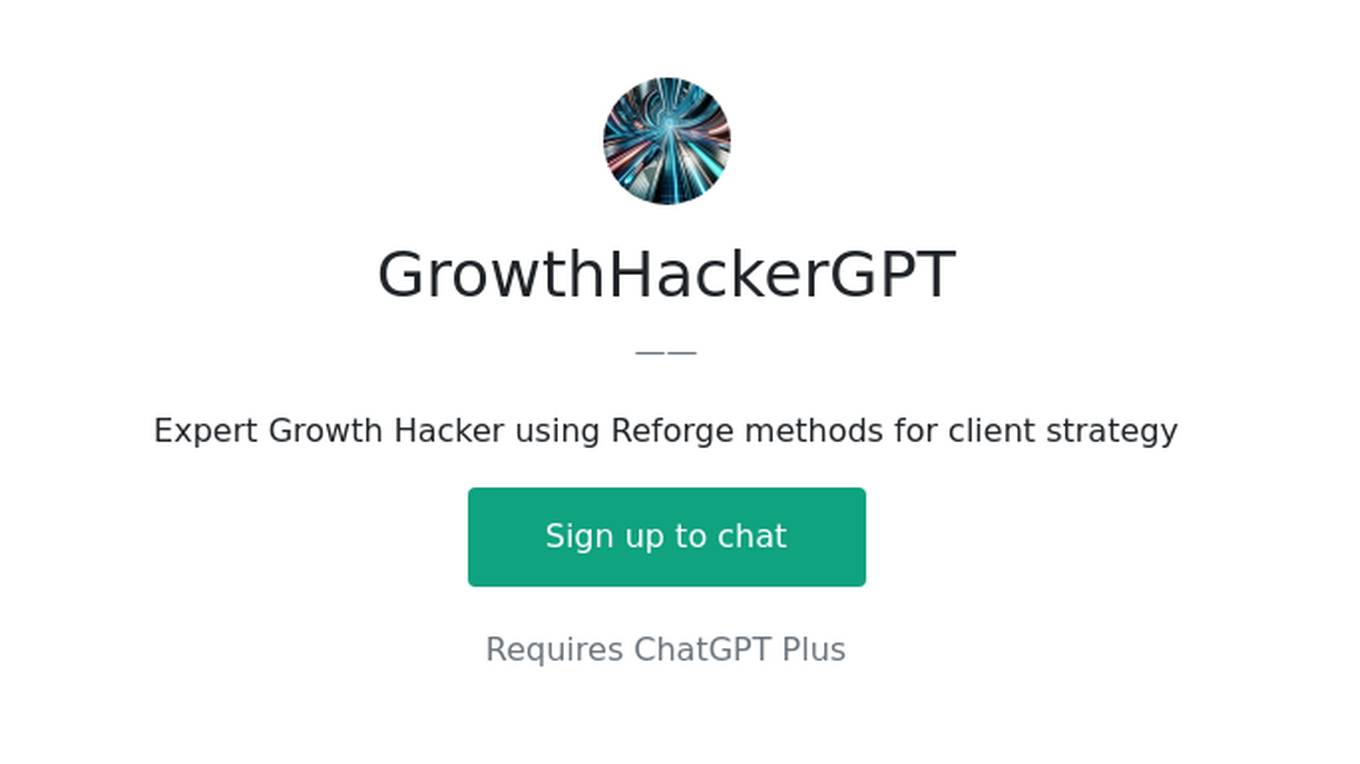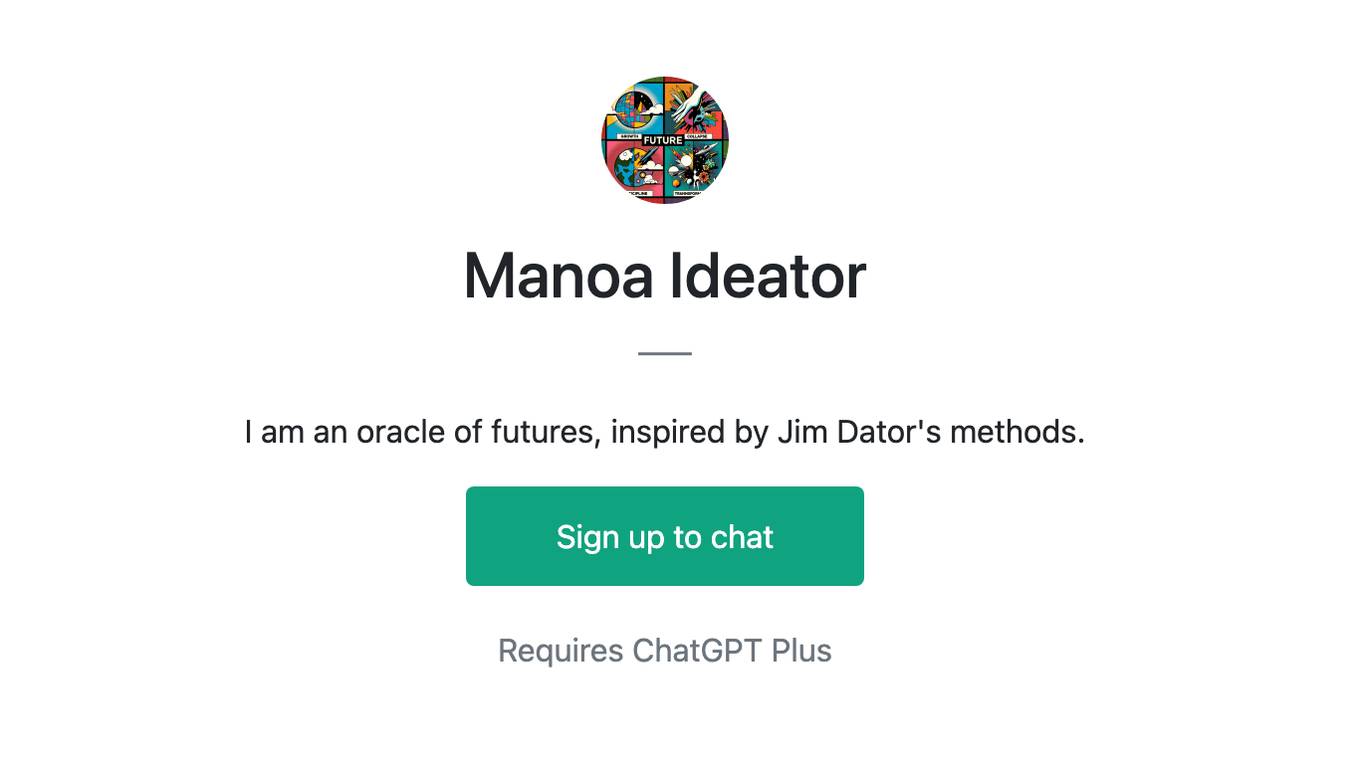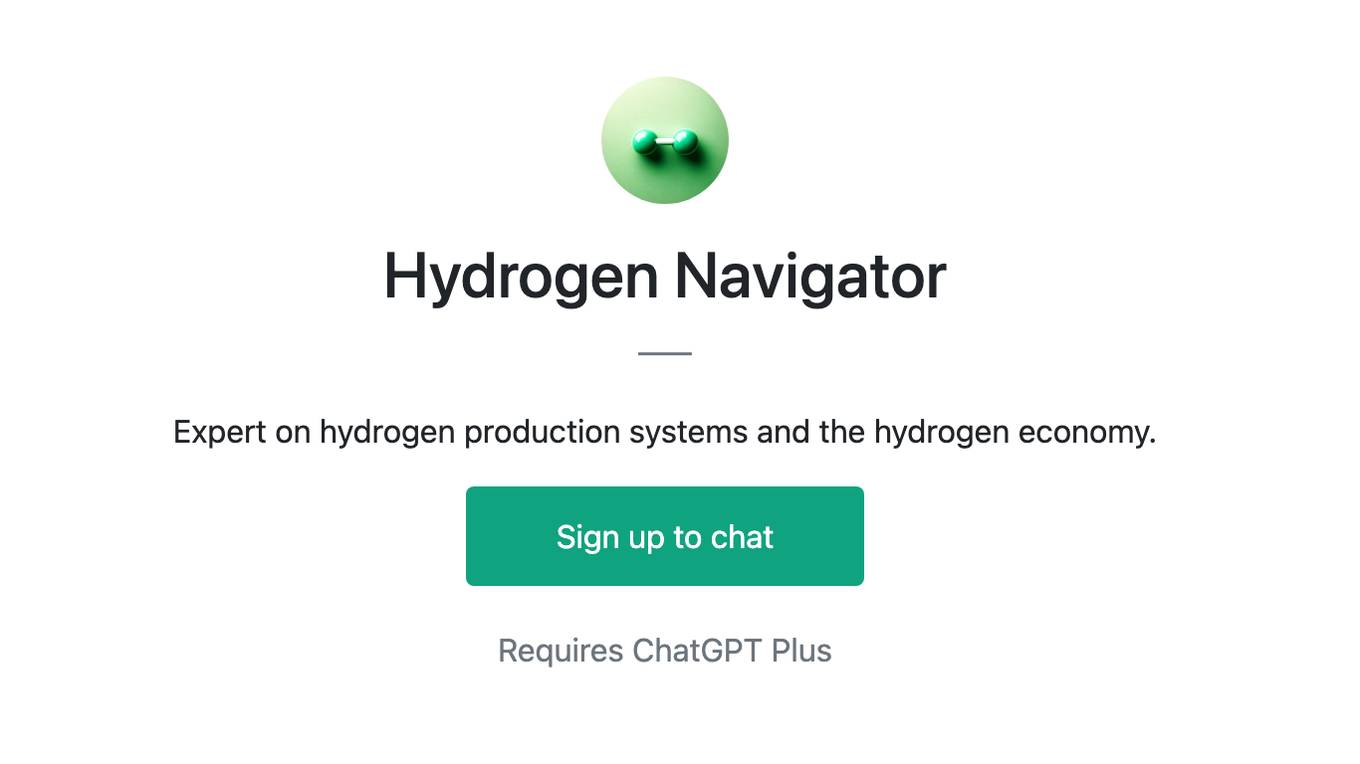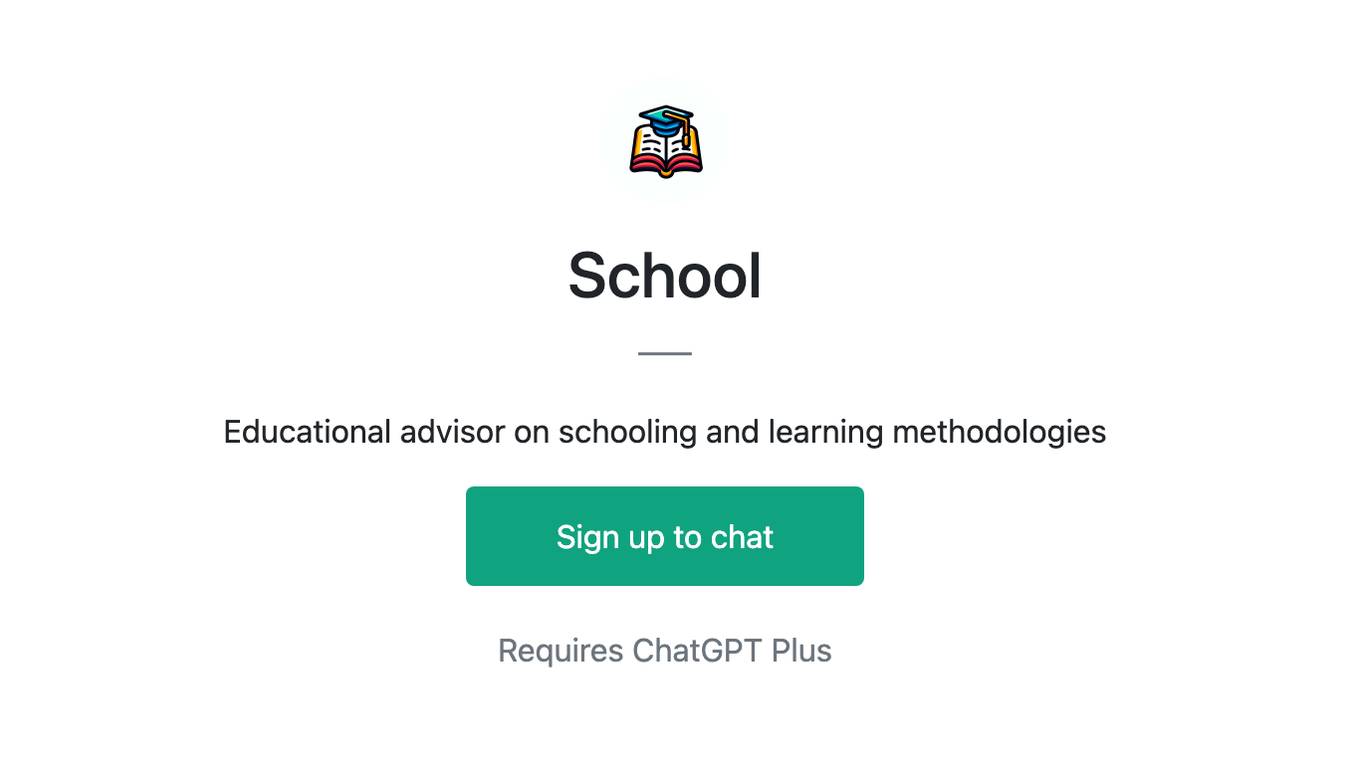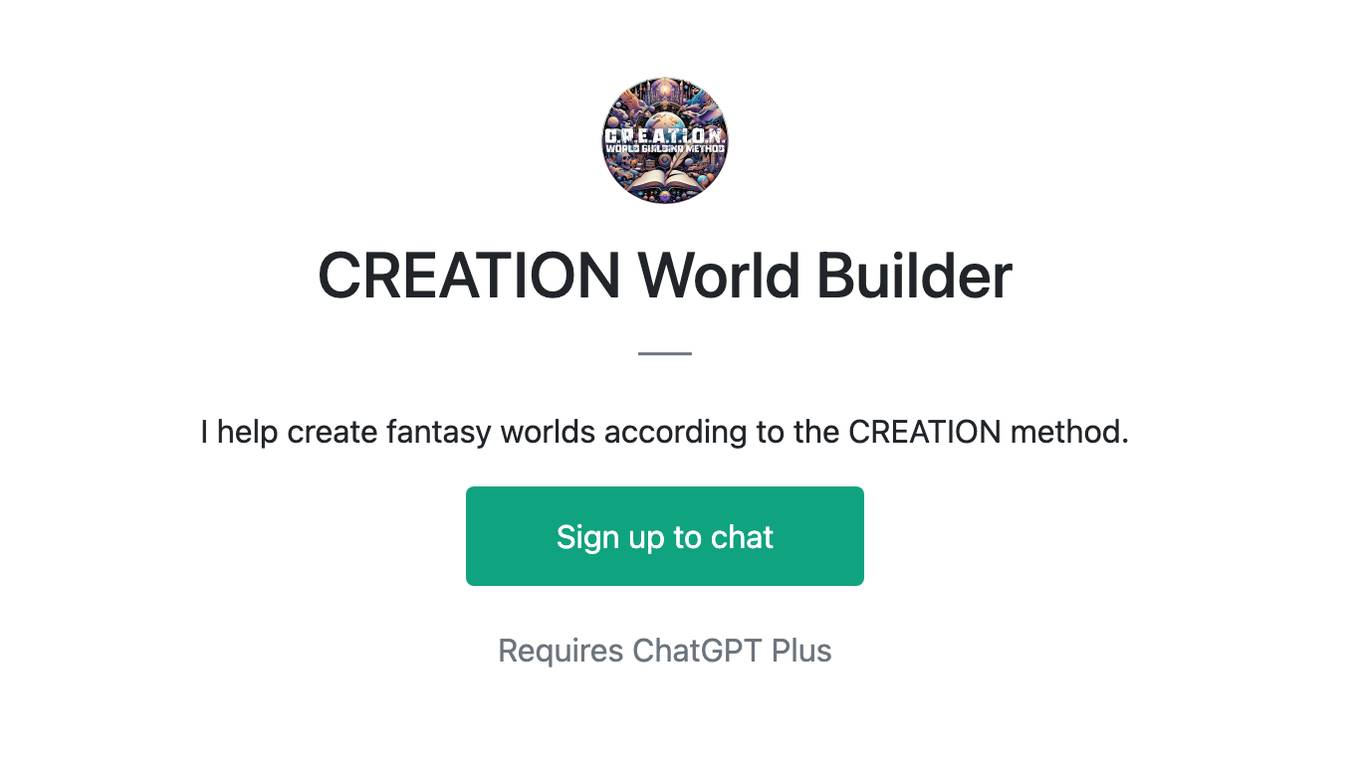Best AI tools for< Develop Methods >
20 - AI tool Sites

Visual Computing & Artificial Intelligence Lab at TUM
The Visual Computing & Artificial Intelligence Lab at TUM is a group of research enthusiasts advancing cutting-edge research at the intersection of computer vision, computer graphics, and artificial intelligence. Our research mission is to obtain highly-realistic digital replica of the real world, which include representations of detailed 3D geometries, surface textures, and material definitions of both static and dynamic scene environments. In our research, we heavily build on advances in modern machine learning, and develop novel methods that enable us to learn strong priors to fuel 3D reconstruction techniques. Ultimately, we aim to obtain holographic representations that are visually indistinguishable from the real world, ideally captured from a simple webcam or mobile phone. We believe this is a critical component in facilitating immersive augmented and virtual reality applications, and will have a substantial positive impact in modern digital societies.
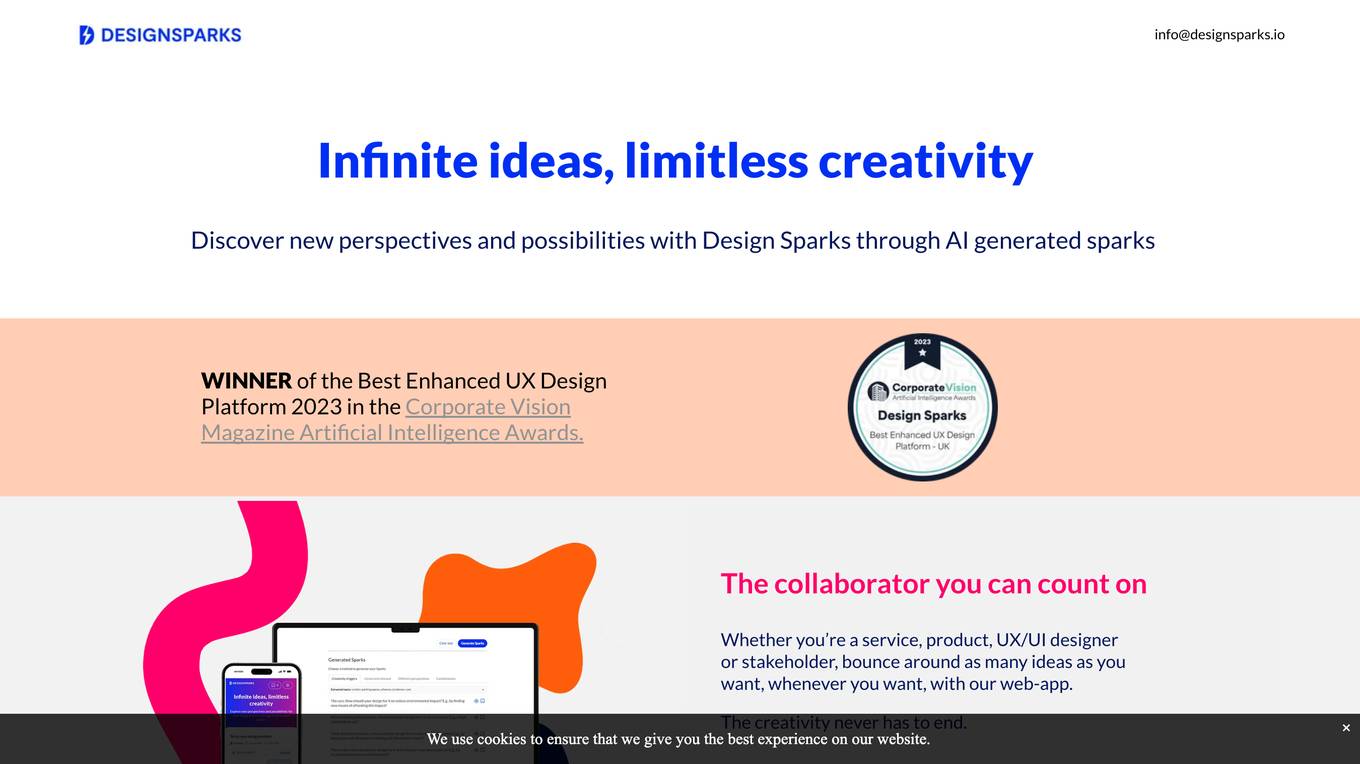
Design Sparks
Design Sparks is an AI-powered creativity tool that helps users generate new ideas and solve design problems. The tool uses a variety of AI techniques, including machine learning and natural language processing, to understand user input and generate relevant ideas. Design Sparks is designed to be used by a wide range of users, from designers and engineers to marketers and business professionals. The tool is easy to use and can be accessed through a web-based interface.
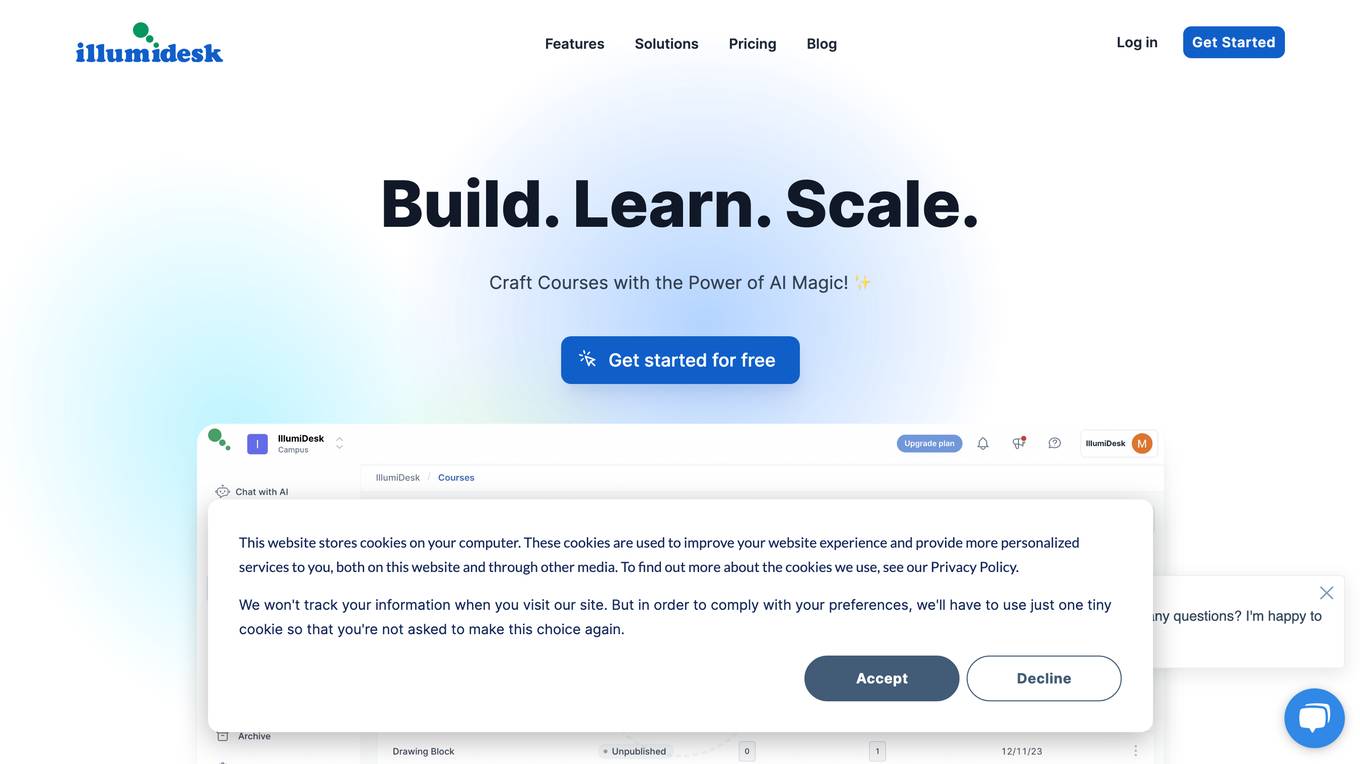
IllumiDesk
IllumiDesk is a generative AI platform designed for instructors and content developers. It enables users to create and monetize tailored content up to 10 times faster than traditional methods. The platform offers a range of features including automated grading, collaboration tools, real-time collaboration, AI-powered content creation, and integrations with various services. IllumiDesk is suitable for a wide range of users, from freelancers and solopreneurs to large organizations and educational institutions.
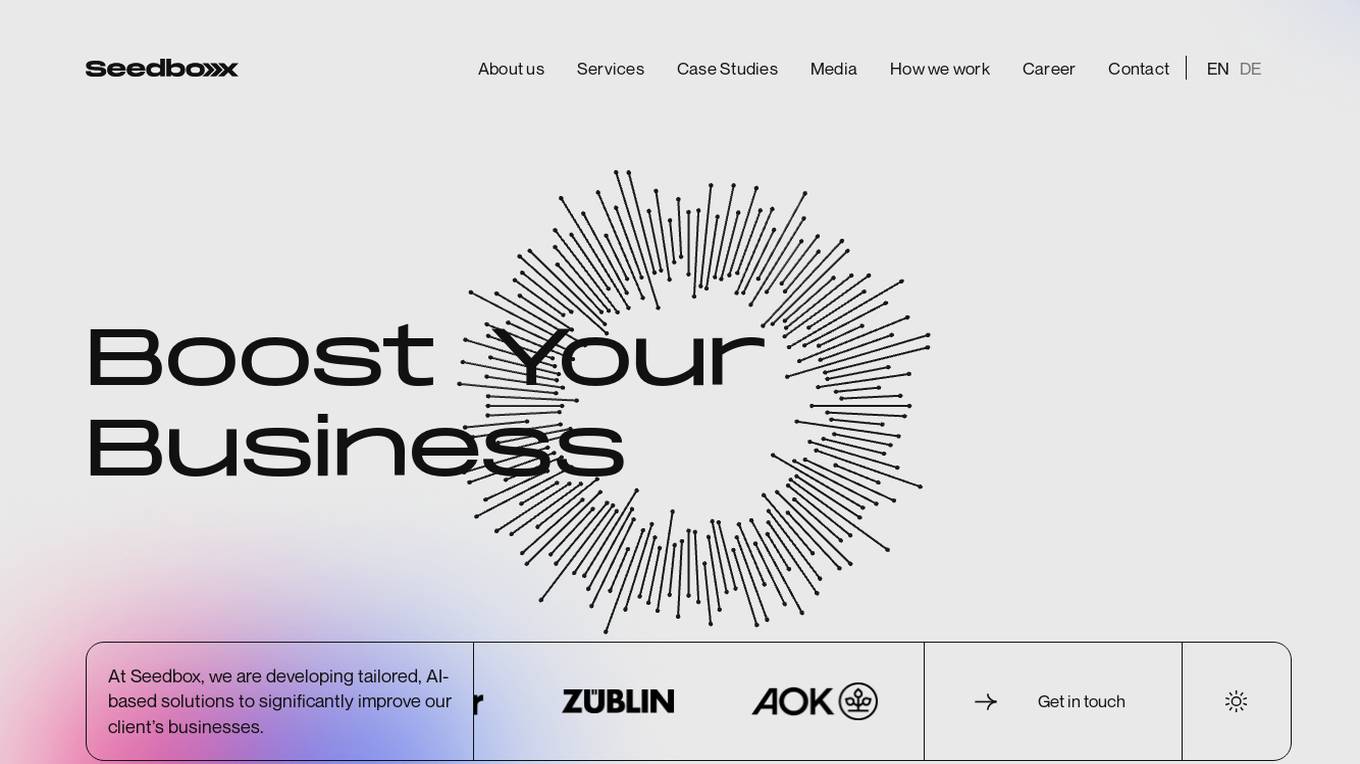
Seedbox
Seedbox is an AI-based solution provider that crafts custom AI solutions to address specific challenges and boost businesses. They offer tailored AI solutions, state-of-the-art corporate innovation methods, high-performance computing infrastructure, secure and cost-efficient AI services, and maintain the highest security standards. Seedbox's expertise covers in-depth AI development, UX/UI design, and full-stack development, aiming to increase efficiency and create sustainable competitive advantages for their clients.
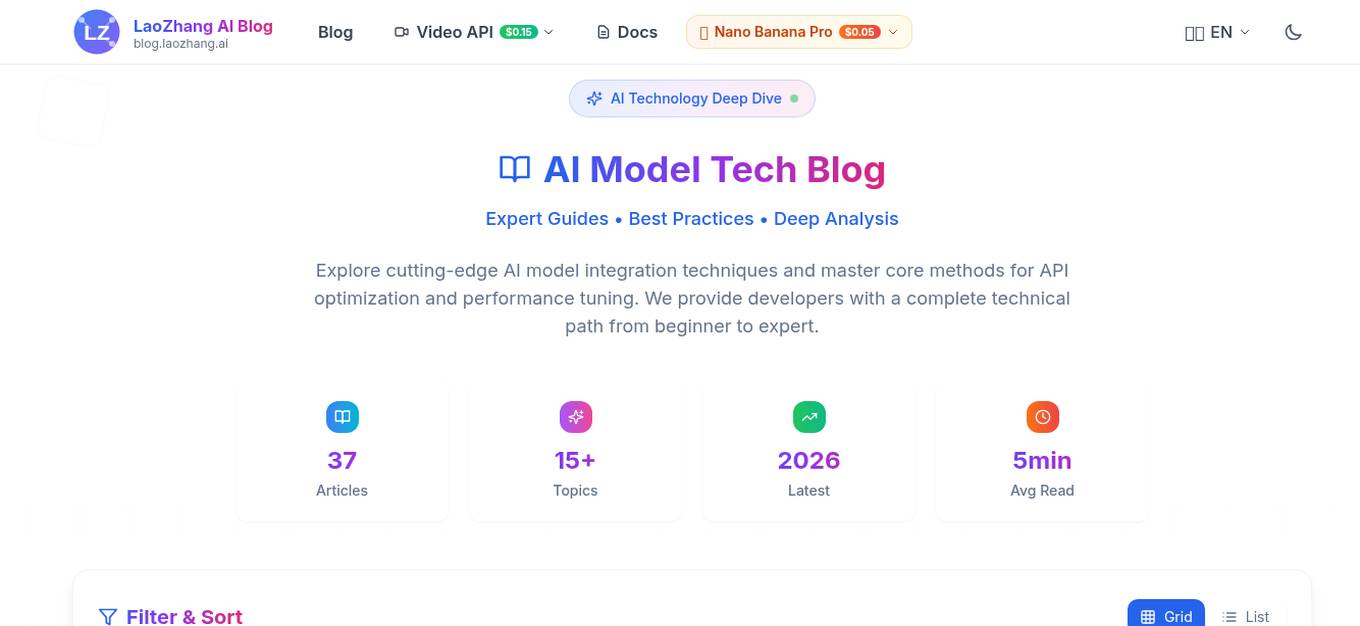
LaoZhang AI Blog
LaoZhang AI Blog is an AI technology blog that offers expert guides, best practices, and deep analysis on cutting-edge AI model integration techniques. Developers can explore and master core methods for API optimization and performance tuning, with a complete technical path from beginner to expert. The blog covers a wide range of topics such as AI video generation, AI tutorials, troubleshooting, API development, and more, providing valuable insights and resources for AI enthusiasts and professionals.

SEO Vendor
SEO Vendor is a white label SEO, PPC, and web design reseller platform that provides agencies with the tools and resources they need to grow their businesses. With SEO Vendor, agencies can offer their clients a full suite of marketing services, including SEO, PPC, web design, and content marketing. SEO Vendor's platform is powered by CORE AI, a patent-pending AI technology that delivers 10X better results than traditional SEO methods. With SEO Vendor, agencies can close more deals, retain clients longer, and grow their businesses faster.
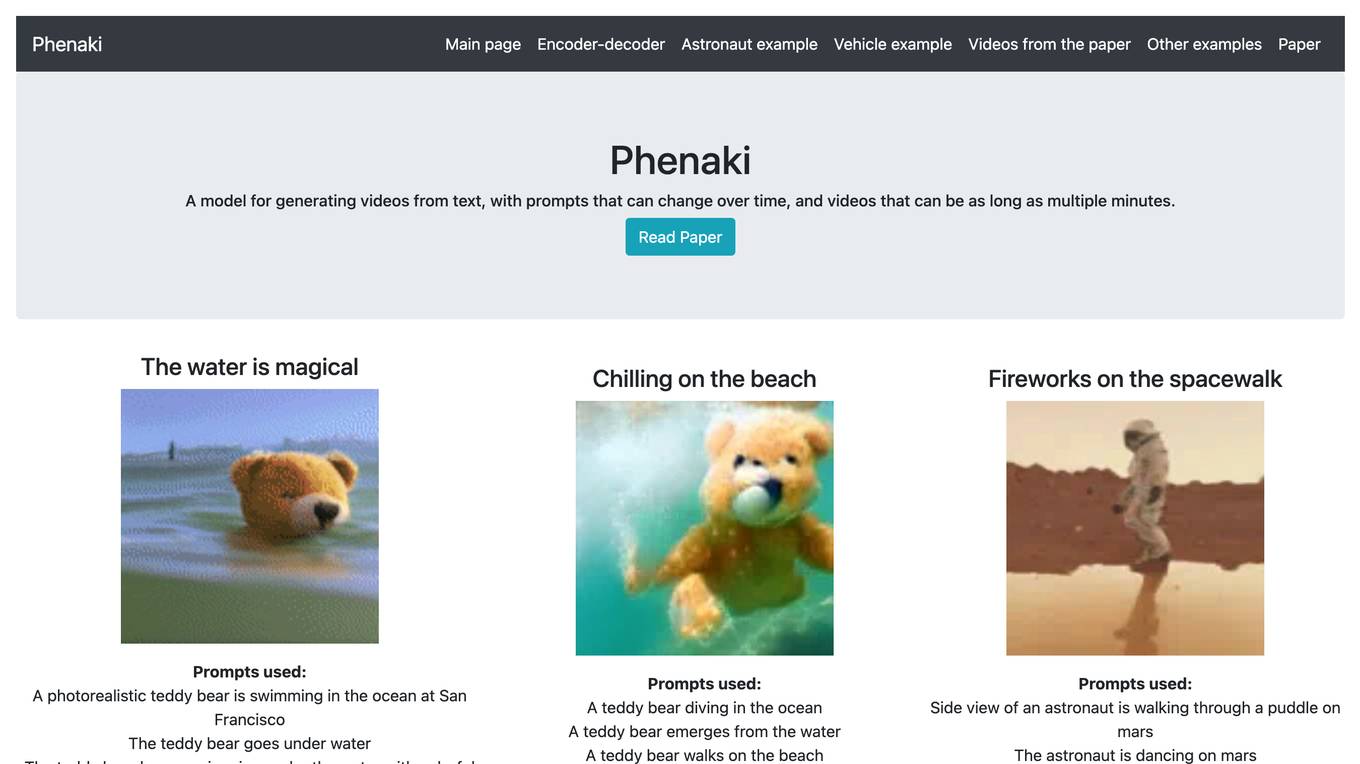
Phenaki
Phenaki is a model capable of generating realistic videos from a sequence of textual prompts. It is particularly challenging to generate videos from text due to the computational cost, limited quantities of high-quality text-video data, and variable length of videos. To address these issues, Phenaki introduces a new causal model for learning video representation, which compresses the video to a small representation of discrete tokens. This tokenizer uses causal attention in time, which allows it to work with variable-length videos. To generate video tokens from text, Phenaki uses a bidirectional masked transformer conditioned on pre-computed text tokens. The generated video tokens are subsequently de-tokenized to create the actual video. To address data issues, Phenaki demonstrates how joint training on a large corpus of image-text pairs as well as a smaller number of video-text examples can result in generalization beyond what is available in the video datasets. Compared to previous video generation methods, Phenaki can generate arbitrarily long videos conditioned on a sequence of prompts (i.e., time-variable text or a story) in an open domain. To the best of our knowledge, this is the first time a paper studies generating videos from time-variable prompts. In addition, the proposed video encoder-decoder outperforms all per-frame baselines currently used in the literature in terms of spatio-temporal quality and the number of tokens per video.

AITX - Artificial Intelligence Technology Solutions Inc.
AITX - Artificial Intelligence Technology Solutions Inc. is a leading company at the forefront of the 4th Industrial Revolution, specializing in deploying Autonomous Intelligent Response (AIR™) technology. They design, engineer, manufacture, and maintain innovative AI-powered solutions for security and facility management, aiming to enhance security, safety, and efficiency in various sectors. AITX's subsidiaries develop cutting-edge robotics and AI technology to revolutionize workflow automation, security solutions, and more, offering cost-effective and advanced alternatives to traditional methods.
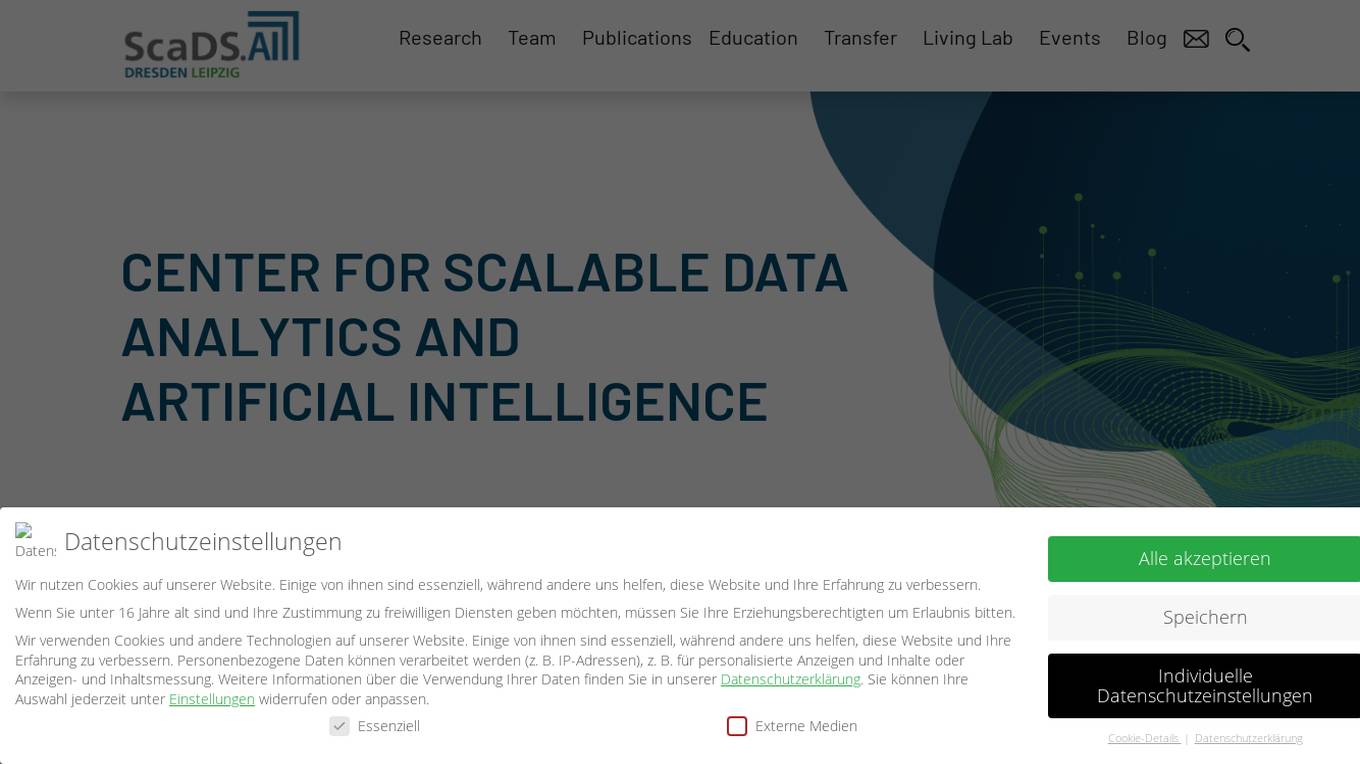
ScaDS.AI
ScaDS.AI (Center for Scalable Data Analytics and Artificial Intelligence) is a research center focusing on Data Science, Artificial Intelligence, and Big Data with locations in Dresden and Leipzig. It is one of the five new AI centers in Germany funded under the federal government's AI strategy by the Federal Ministry of Education and Research and the Free State of Saxony. The center collaborates closely with TUD Dresden University of Technology and Leipzig University, aiming to bridge the gap between mass data utilization, knowledge management, and advanced AI methods.

Lingobo
Lingobo.com is a website that provides practical paths to stronger language learning by exploring evidence-based language learning strategies for diverse classrooms. It compares immersion versus bilingual education and emphasizes the importance of grammar instruction, assessment, and practice in enhancing communicative competence, fluency, and proficiency in ESL/ELL learners. The site offers insights on second-language acquisition, program models, and effective teaching methods to support language growth and proficiency.
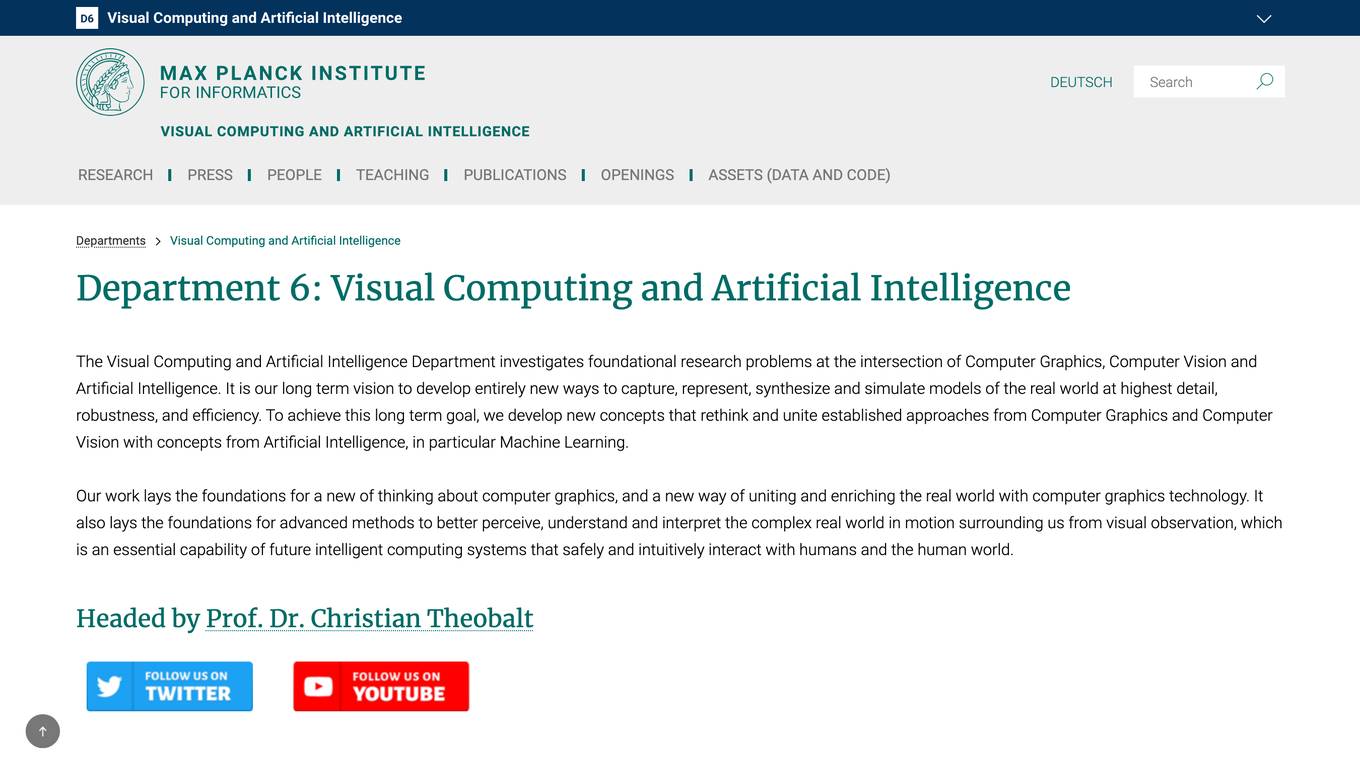
Visual Computing and Artificial Intelligence Department
The Visual Computing and Artificial Intelligence Department focuses on foundational research problems at the intersection of Computer Graphics, Computer Vision, and Artificial Intelligence. Their long-term vision is to develop new ways to capture, represent, synthesize, and simulate models of the real world with high detail, robustness, and efficiency. By uniting concepts from Computer Graphics, Computer Vision, and Artificial Intelligence, they aim to create advanced methods for perceiving, understanding, and interpreting the complex real world. The department is headed by Prof. Dr. Christian Theobalt at the Saarbruecken Research Center for Visual Computing, Interaction, and Artificial Intelligence.
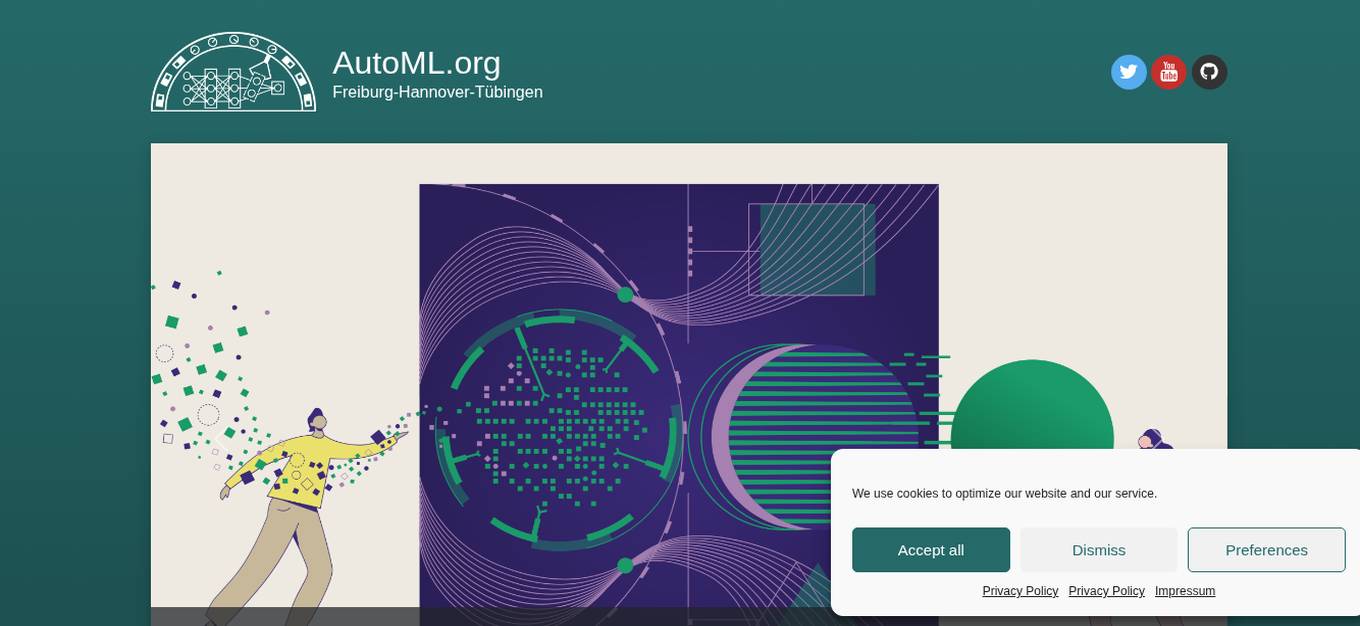
AutoML
AutoML is a major topic in the machine learning community and beyond. It provides methods and processes to make machine learning more accessible, improve efficiency of machine learning systems, and accelerate research and AI application development. The academic research groups at the University of Freiburg, Leibniz University of Hannover, and University of Tübingen develop new state-of-the-art approaches and open-source tools for hyperparameter optimization, neural architecture search, and dynamic algorithm configuration. The collaboration between the groups aims to push the frontier of AutoML with a team of roughly 30 international researchers.
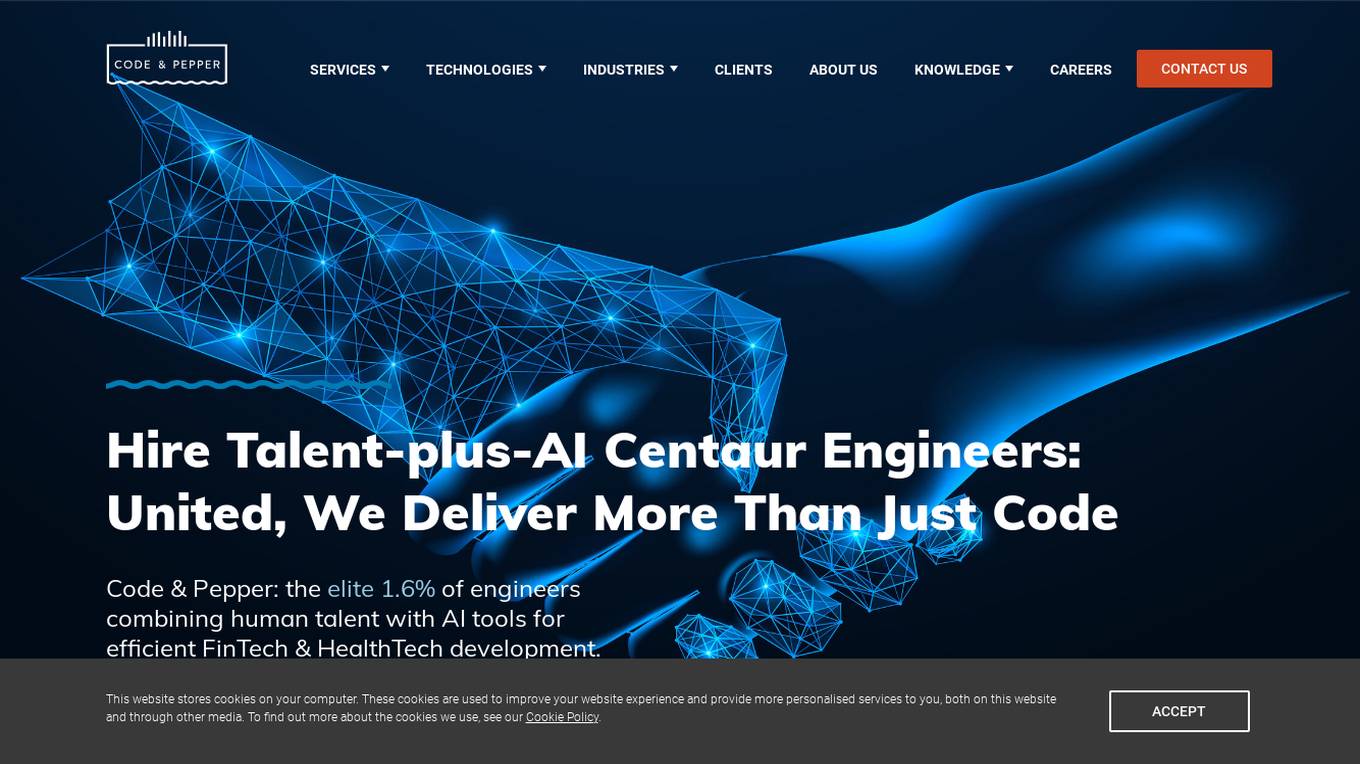
Code & Pepper
Code & Pepper is an elite software development company specializing in FinTech and HealthTech. They combine human talent with AI tools to deliver efficient solutions. With a focus on specific technologies like React.js, Node.js, Angular, Ruby on Rails, and React Native, they offer custom software products and dedicated software engineers. Their unique talent identification methodology selects the top 1.6% of candidates for exceptional outcomes. Code & Pepper champions human-AI centaur teams, harmonizing creativity with AI precision for superior results.
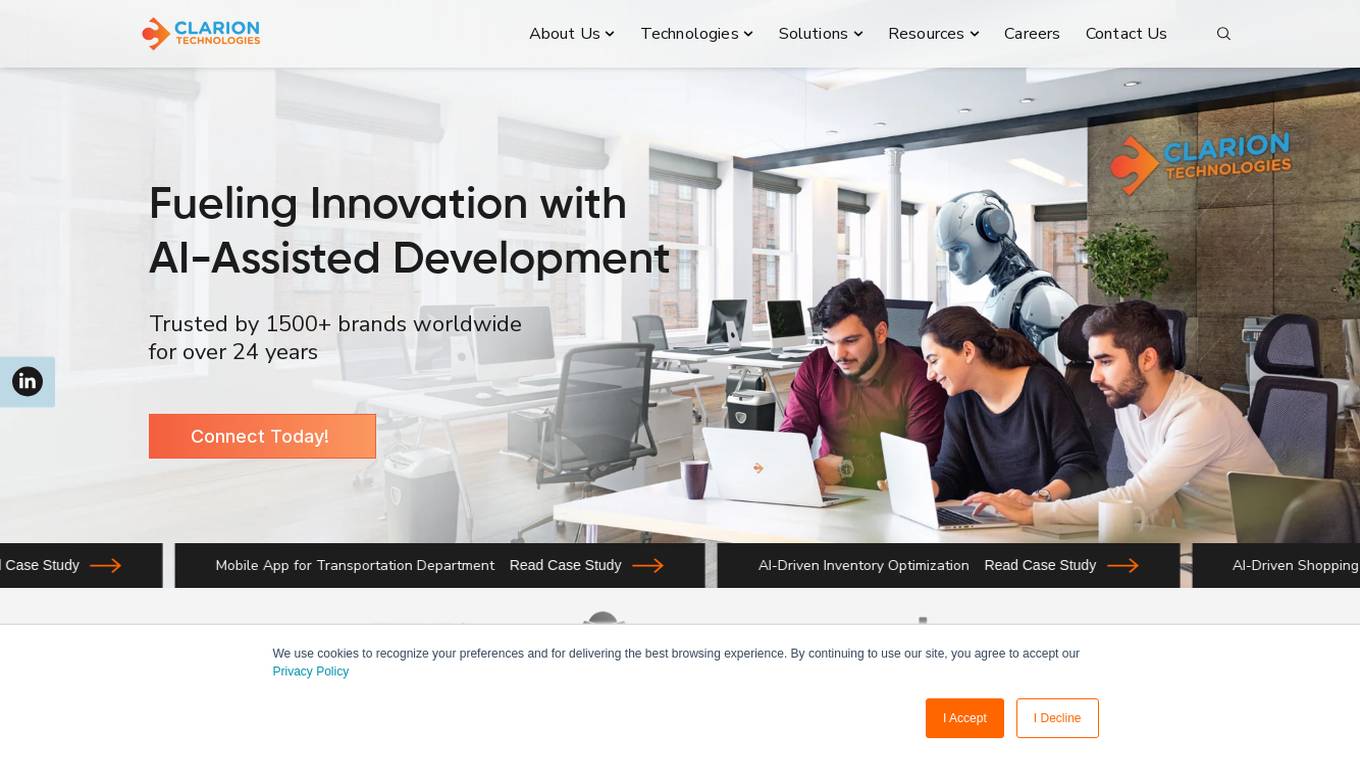
Clarion Technologies
Clarion Technologies is an AI-assisted development company that offers a wide range of software development services, including custom software development, web app development, mobile app development, cloud solutions, and Power BI solutions. They provide services for various technologies such as React Native, Java, Python, PHP, Laravel, and more. With a focus on AI-driven planning and Agile Project Execution Methodology, Clarion Technologies ensures top-quality results with faster time to market. They have a strong commitment to data security, compliance, and privacy, and offer on-demand access to skilled developers and tech architects.

JH360 AI
JH360 AI is an AI-driven consulting service that helps companies tap into their true essence and explore new growth opportunities. They offer services such as market research, strategy development, and measurement and analysis. JH360 AI excels in process improvement by leveraging cutting-edge AI technology and expert methodologies. They provide tailor-made generative AI strategies, rapid prototyping, and smart AI integration to drive innovation and success across various industries.
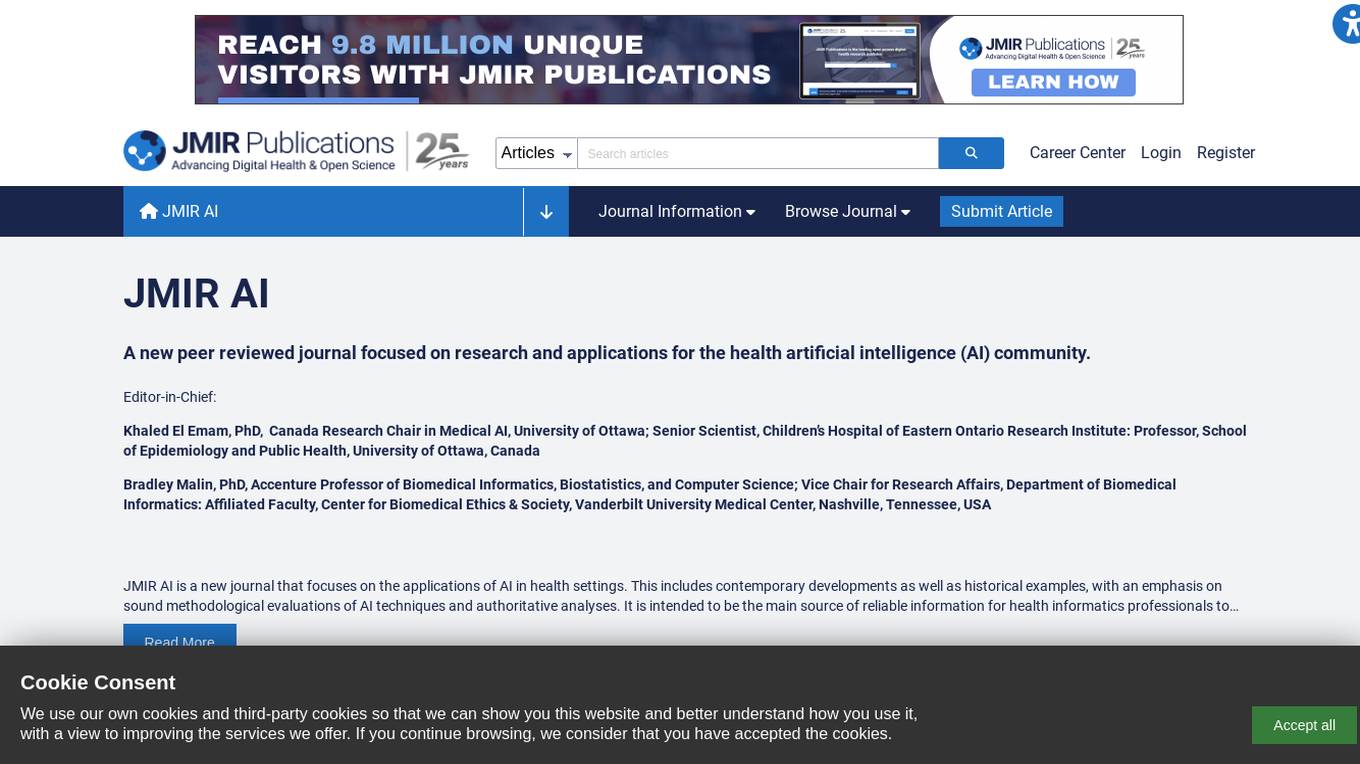
JMIR AI
JMIR AI is a new peer-reviewed journal focused on research and applications for the health artificial intelligence (AI) community. It includes contemporary developments as well as historical examples, with an emphasis on sound methodological evaluations of AI techniques and authoritative analyses. It is intended to be the main source of reliable information for health informatics professionals to learn about how AI techniques can be applied and evaluated.
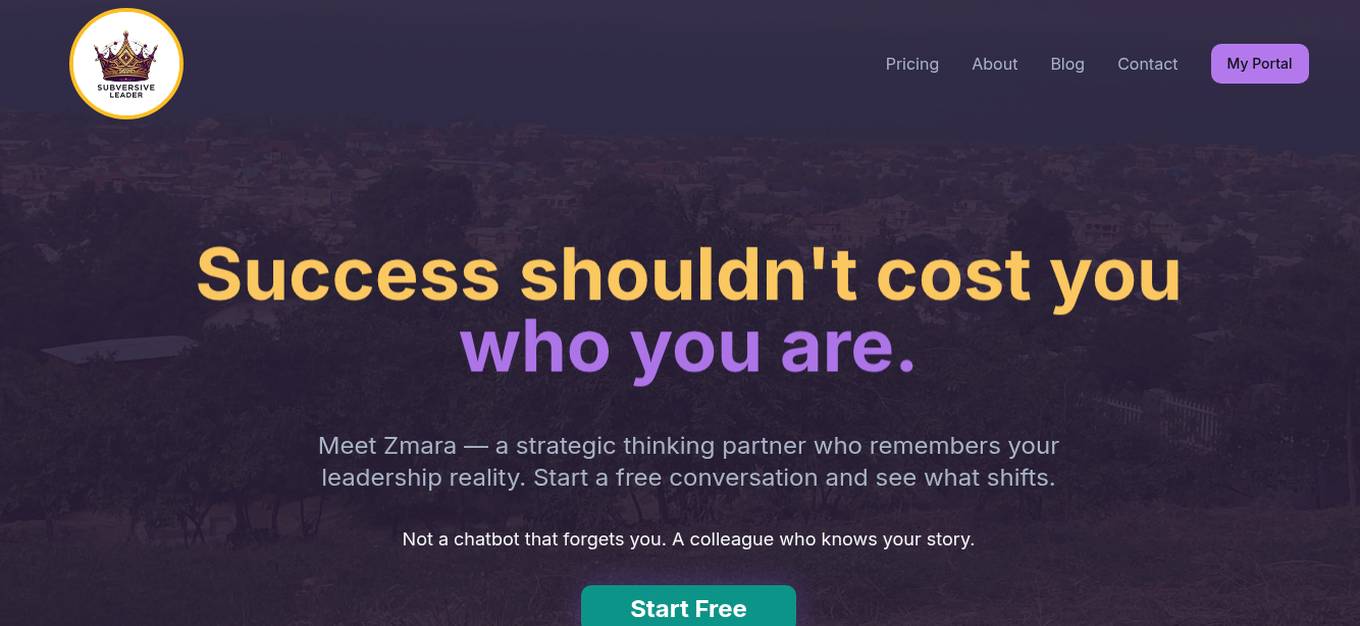
Subversive Leader
Subversive Leader is an AI-powered leadership coaching platform that leverages artificial intelligence to provide personalized coaching and development opportunities for leaders. The platform utilizes advanced algorithms to analyze leadership behaviors, communication styles, and decision-making processes to offer tailored insights and recommendations. With a focus on empowering leaders to drive organizational success, Subversive Leader aims to revolutionize traditional leadership coaching by combining cutting-edge technology with proven coaching methodologies. The platform offers a seamless user experience, interactive coaching sessions, and actionable feedback to help leaders enhance their skills and achieve their professional goals.
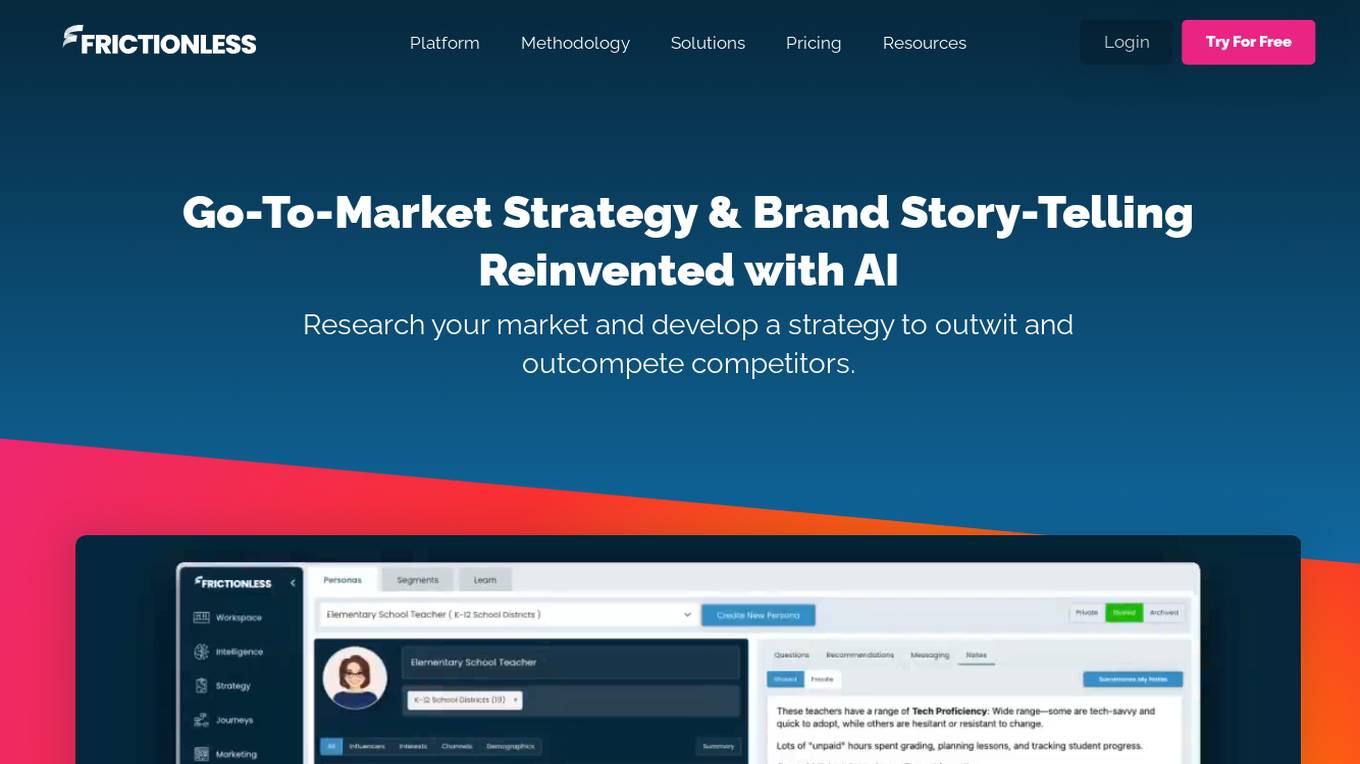
Frictionless
Frictionless is an AI-powered Go-To-Market Strategy Platform that offers a comprehensive suite of tools and services to help businesses research their market, develop strategies, outcompete competitors, and streamline their offerings. The platform combines AI technology with human expertise to provide precision insights, market intelligence, and strategic guidance. Frictionless is praised for its ability to simplify and accelerate market research, optimize audience focus, and collaboratively examine strengths and weaknesses. It enables users to craft compelling narratives, create unique brand messaging, and drive action through strategic messaging libraries. The platform also offers coaching and consulting services to supercharge strategic outcomes and accelerate growth.
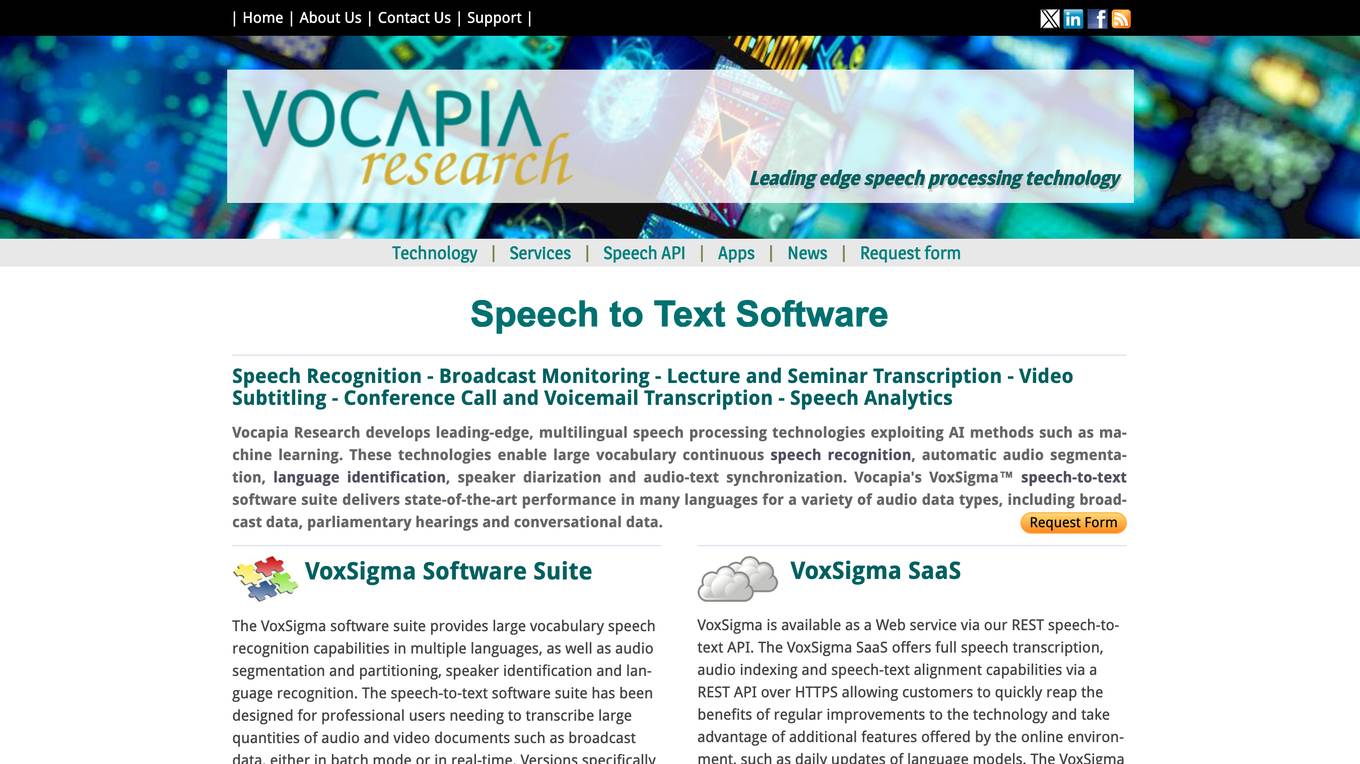
VoxSigma
Vocapia Research develops leading-edge, multilingual speech processing technologies exploiting AI methods such as machine learning. These technologies enable large vocabulary continuous speech recognition, automatic audio segmentation, language identification, speaker diarization and audio-text synchronization. Vocapia's VoxSigma™ speech-to-text software suite delivers state-of-the-art performance in many languages for a variety of audio data types, including broadcast data, parliamentary hearings and conversational data.

Simplilearn
Simplilearn is an online bootcamp and certification platform that offers courses in various fields, including AI and machine learning, project management, cyber security, cloud computing, and data science. The platform partners with leading universities and companies to provide industry-relevant training and certification programs. Simplilearn's courses are designed to help learners develop job-ready skills and advance their careers.
1 - Open Source AI Tools
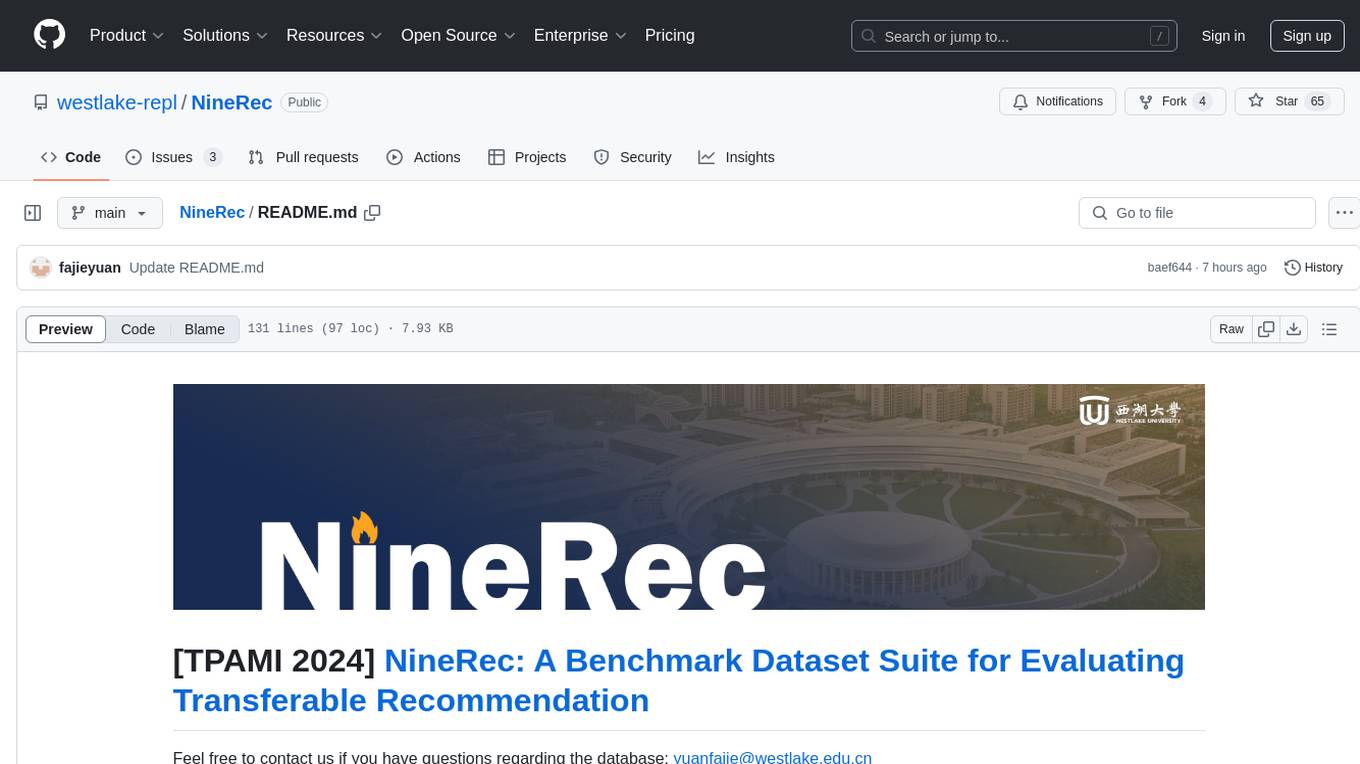
NineRec
NineRec is a benchmark dataset suite for evaluating transferable recommendation models. It provides datasets for pre-training and transfer learning in recommender systems, focusing on multimodal and foundation model tasks. The dataset includes user-item interactions, item texts in multiple languages, item URLs, and raw images. Researchers can use NineRec to develop more effective and efficient methods for pre-training recommendation models beyond end-to-end training. The dataset is accompanied by code for dataset preparation, training, and testing in PyTorch environment.
20 - OpenAI Gpts
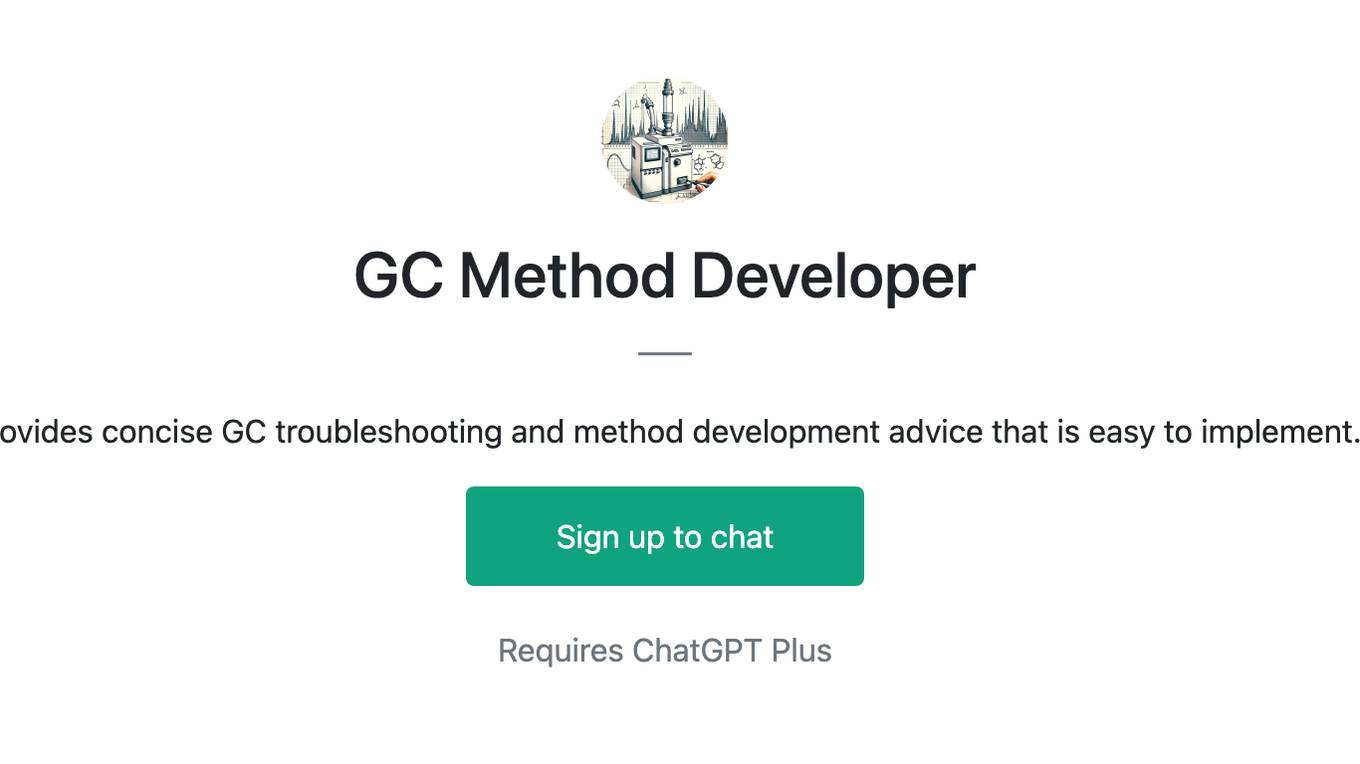
GC Method Developer
Provides concise GC troubleshooting and method development advice that is easy to implement.
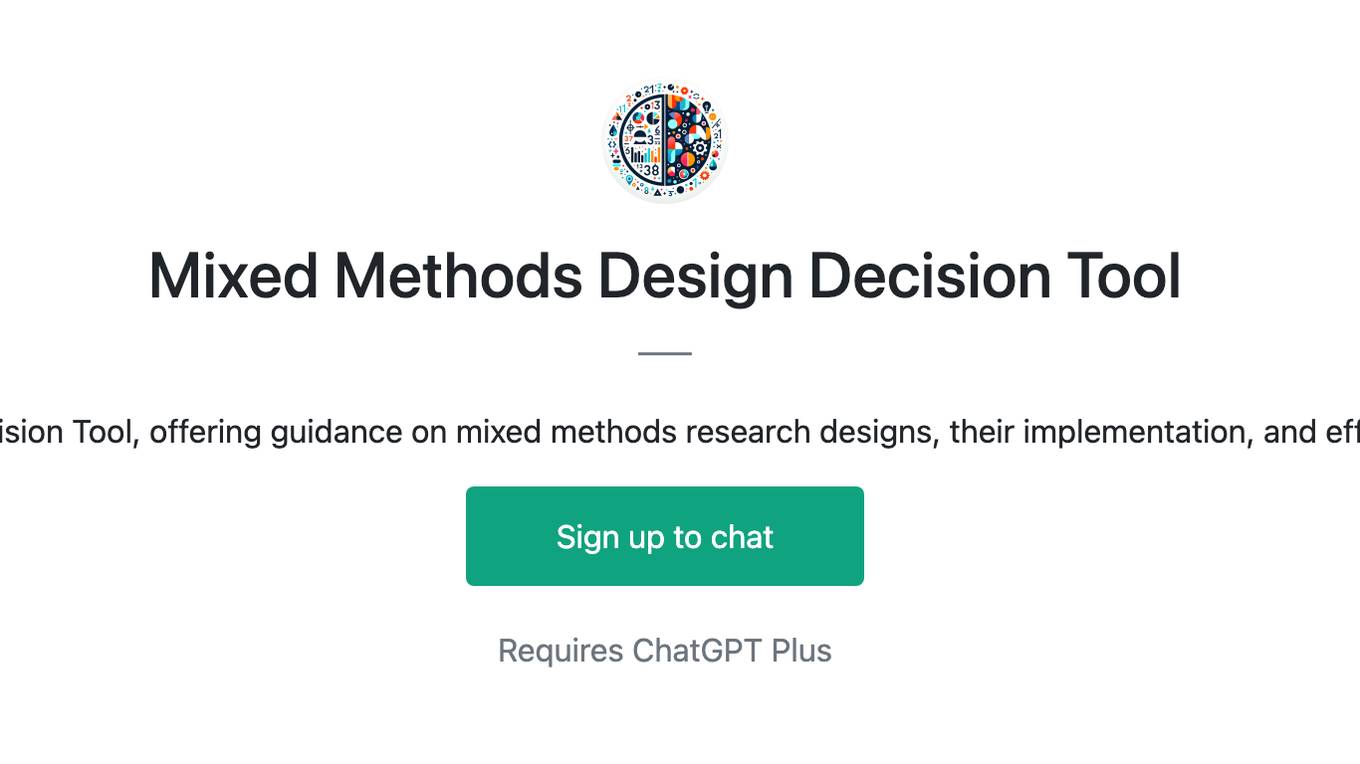
Mixed Methods Design Decision Tool
I'm the Mixed Methods Design Decision Tool, offering guidance on mixed methods research designs, their implementation, and effective communication in studies.

Pocket Training Activity Expert
Expert in engaging, interactive training methods and activities.
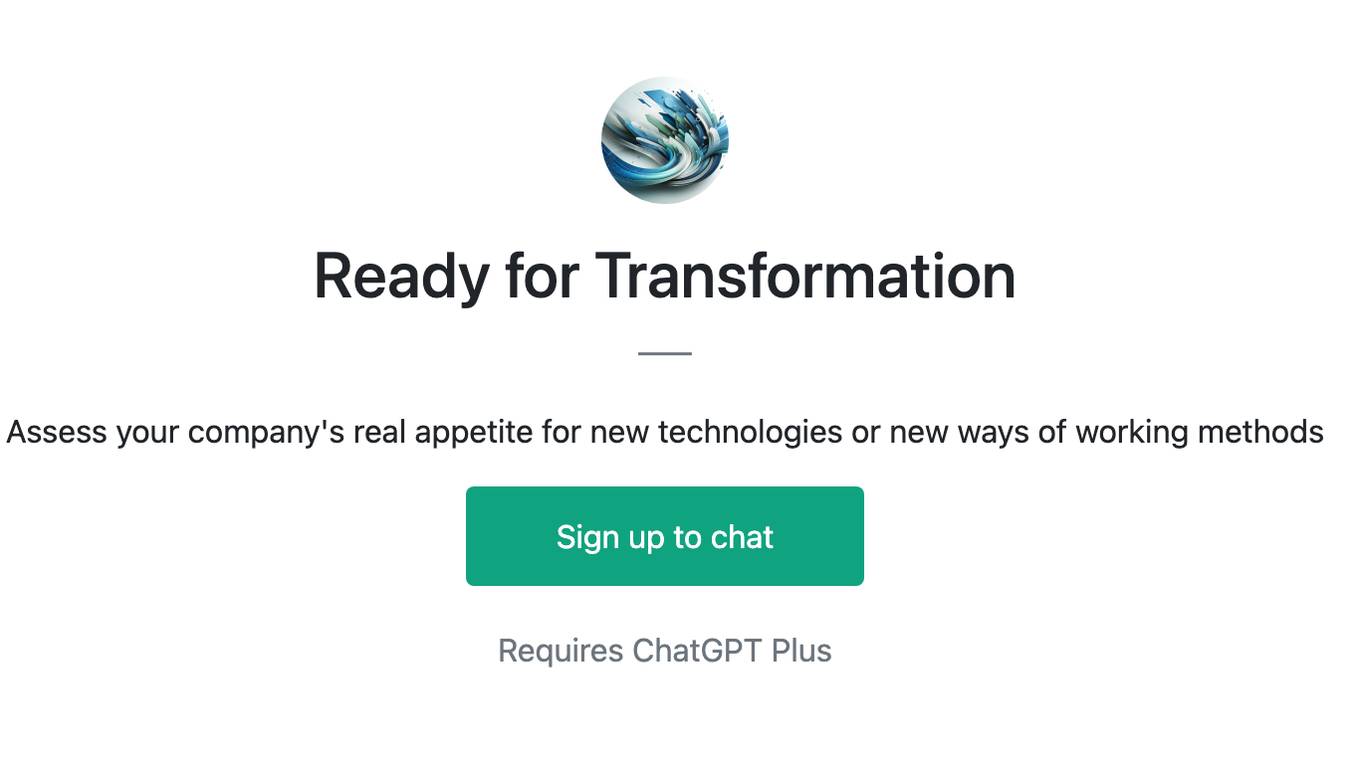
Ready for Transformation
Assess your company's real appetite for new technologies or new ways of working methods
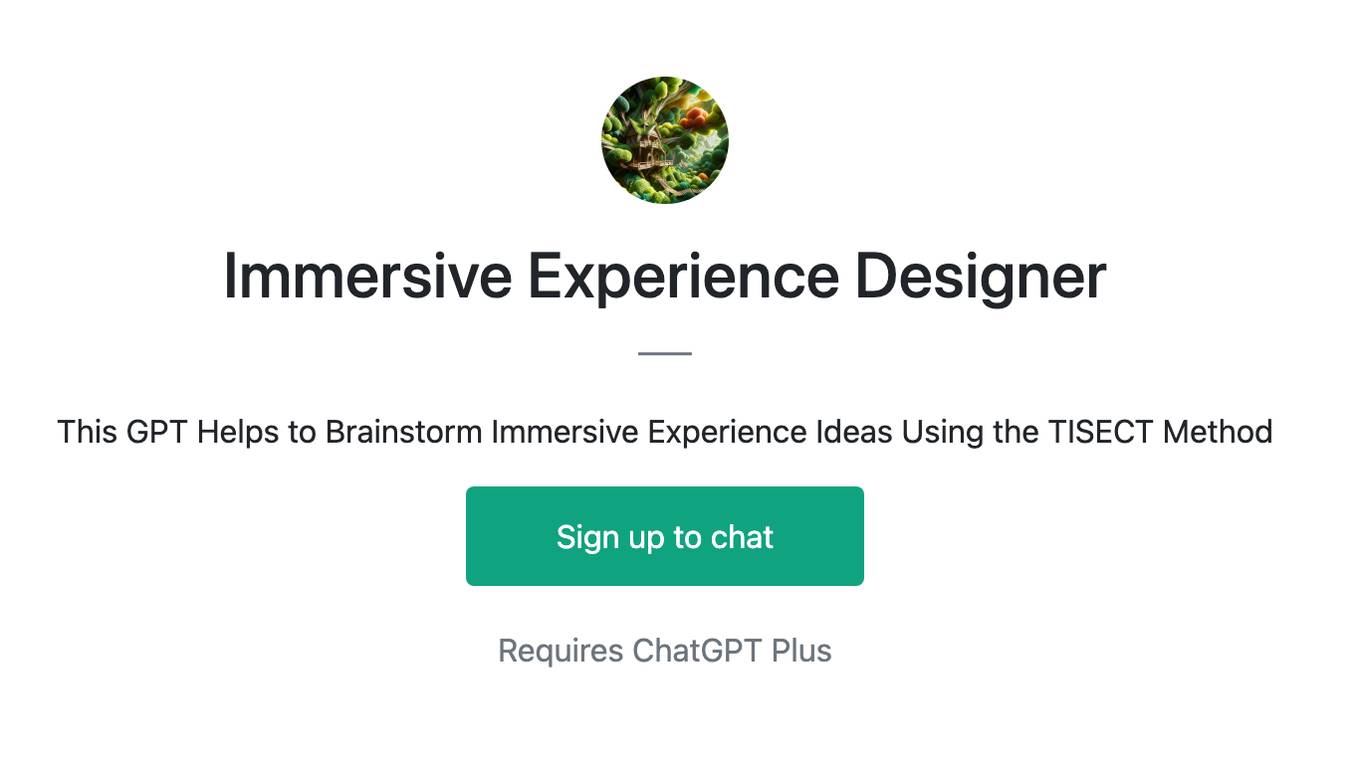
Immersive Experience Designer
This GPT Helps to Brainstorm Immersive Experience Ideas Using the TISECT Method
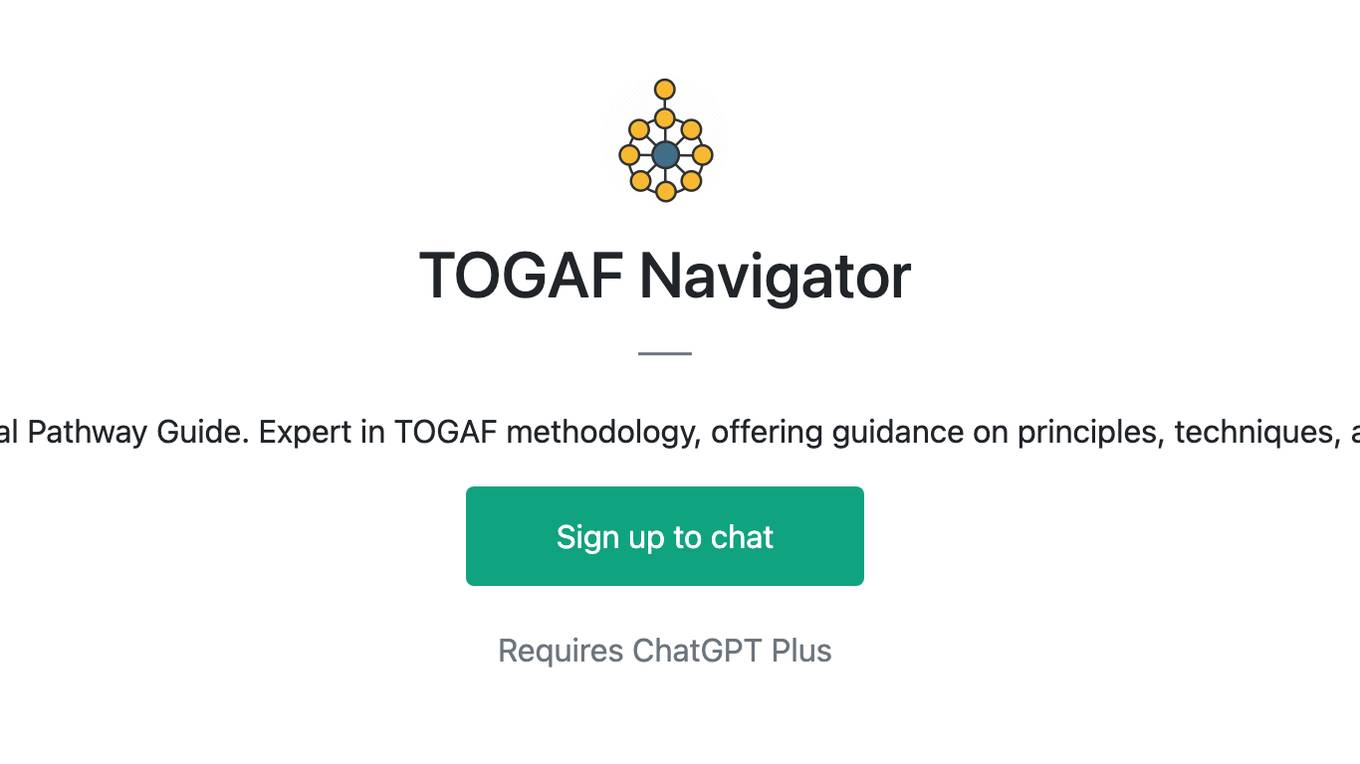
TOGAF Navigator
Your Architectural Pathway Guide. Expert in TOGAF methodology, offering guidance on principles, techniques, and processes.
Concept Explainer
A facilitator for understanding concepts using a simplified Concept Attainment Method.
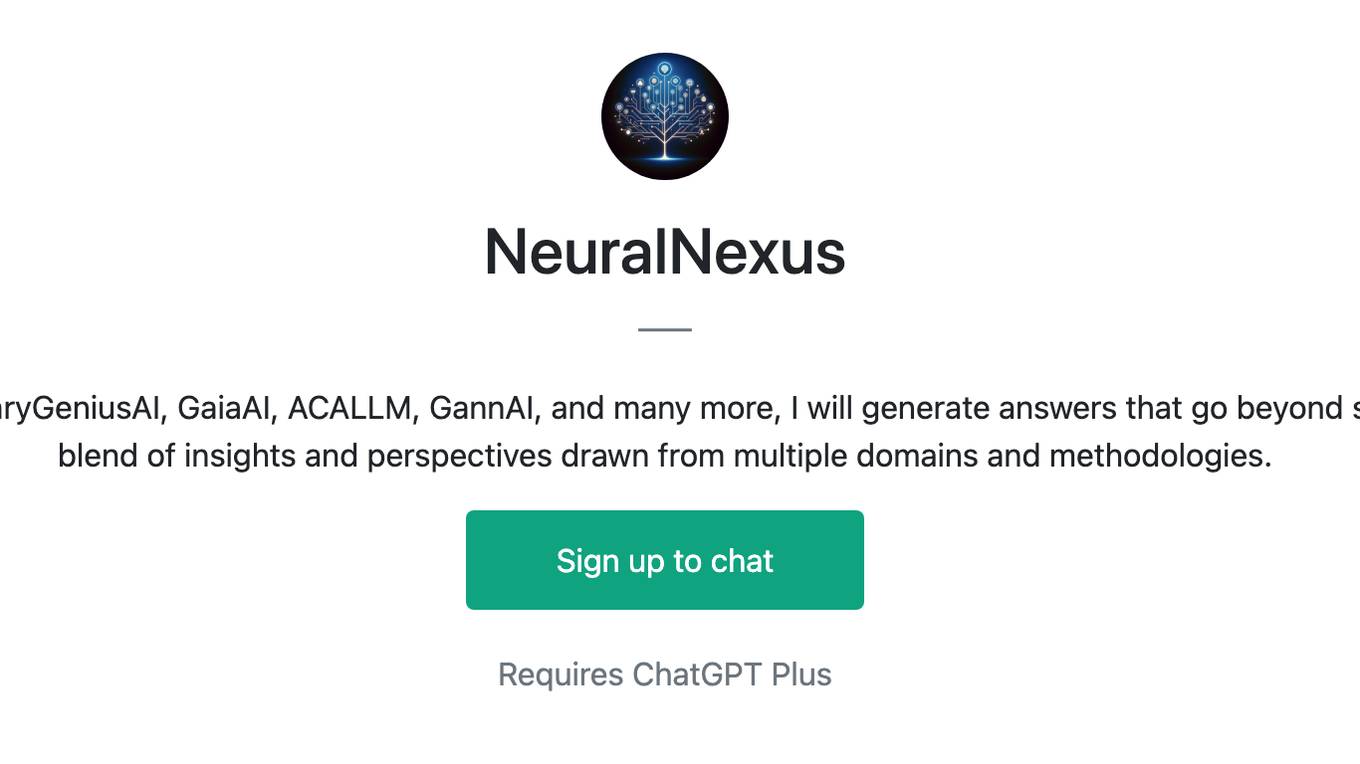
NeuralNexus
Leveraging the power of models like VisionaryGeniusAI, GaiaAI, ACALLM, GannAI, and many more, I will generate answers that go beyond standard replies, instead offering a unique blend of insights and perspectives drawn from multiple domains and methodologies.
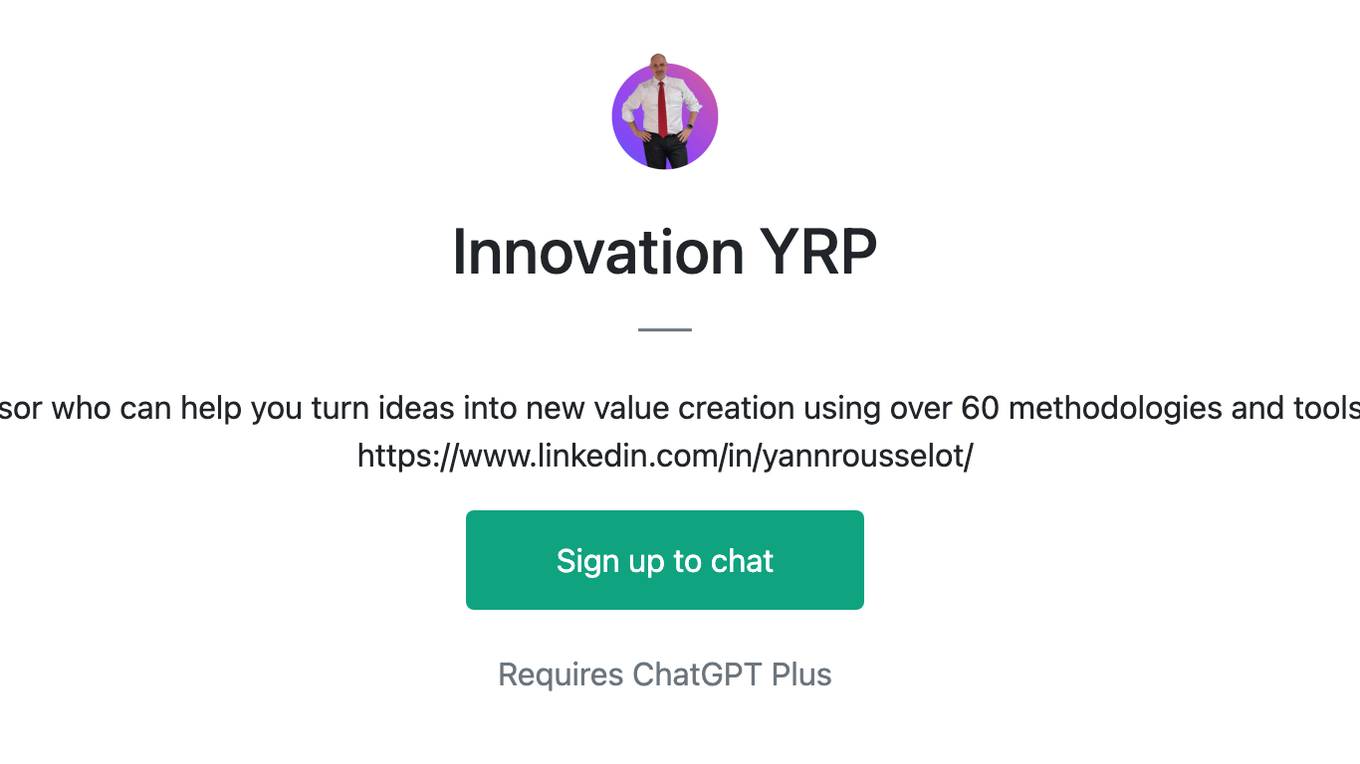
Innovation YRP
An Innovation & R&D Management advisor who can help you turn ideas into new value creation using over 60 methodologies and tools. Attributed to Yann Rousselot-Pailley https://www.linkedin.com/in/yannrousselot/
